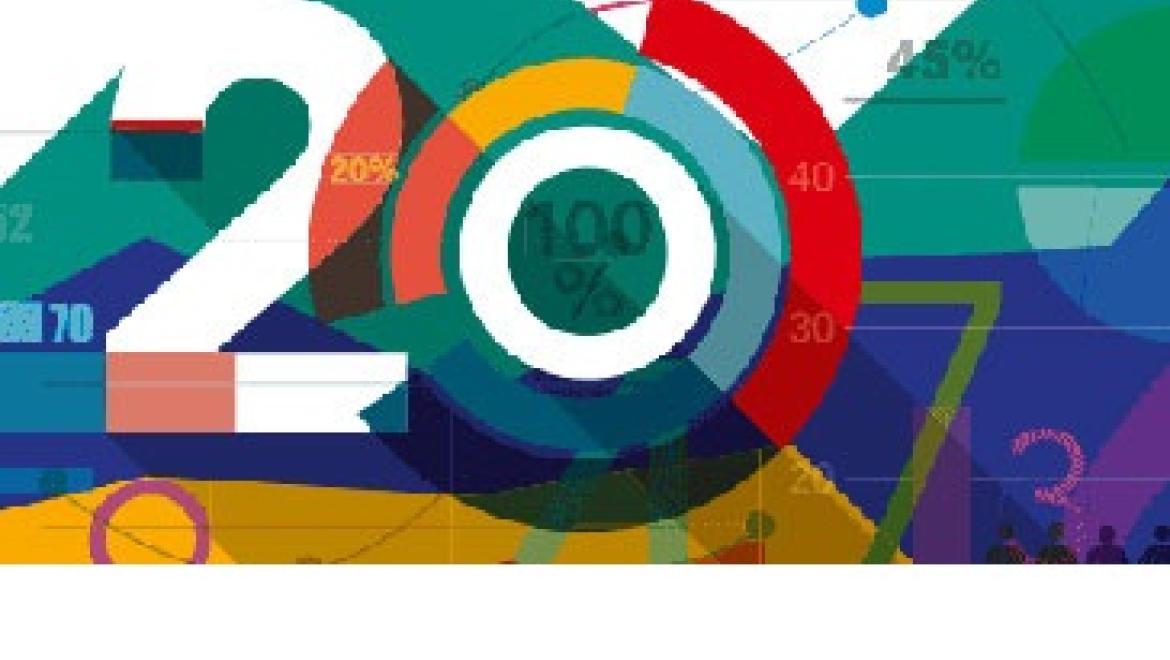First held in 1923, the International Conference of Labour Statisticians (ICLS) is the world’s recognized standard-setting body in the area of labour statistics. It is convened roughly every five years by the International Labour Organization (ILO), a specialized agency of the United Nations. The ICLS makes recommendations on selected topics of labour statistics in the form of resolutions and guidelines, which are then approved by the Governing Body of the ILO before becoming part of the set of international standards on labour statistics.
The 20th ICLS focused on several key issues related to SDG Target 8.7 including:
Revision of the International Classification of Status in Employment
In 2013, statisticians defined the concept of work for the first time. Work was defined in a way that is not limited to paid employment, but includes unpaid work, volunteer work, traineeships, and so on. Many countries are already using these statistical standards to measure employment as well as other forms of work in a uniform way, but it is necessary to have all countries implementing them.
Statistical standards to measure forced labour
The main objective of these guidelines is to encourage countries to test the conceptual framework for measuring forced labour. The use of common concepts and definitions for measuring forced labour should help test the validity of the framework in different settings and to identify areas of modifications and improvements where necessary. Analysis of the results will allow evaluation of the relevance of the statistical indicators for the monitoring of national policies and plans to eradicate forced labour in any form it manifests itself in different countries.
World of Work indicators to monitor the SDGs
The SDGs highlight the need for countries to collect quality data so that progress to achieving SDG Goals, specifically Target 8.7, can be monitored.
